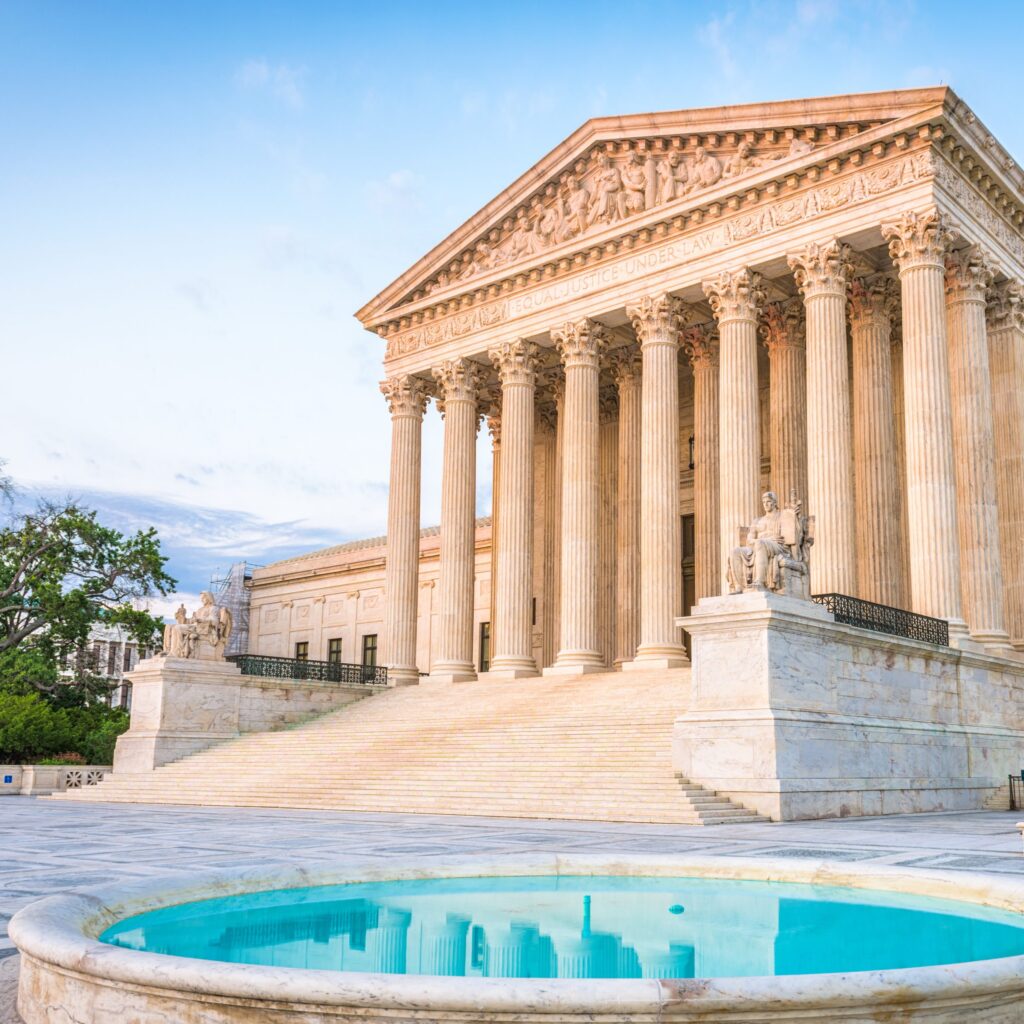Writing About Testimony: Is There a World Beyond “The Witness Further Stated”?

Many lawyers find themselves retelling—or regurgitating—testimony from fact witnesses, expert witnesses, or both. The default mode is often as painful to write as it is to read. A witness “stated that.” And then, in the next sentence, the witness “further stated that.” If the writer is feeling feisty, a few sentences later, the witness no […]
The Supreme Writer on the Court: The Case for Justice Kagan

Justices Scalia and Kagan once joined forces on deer-hunting trips. They share the same gift for writing as well. In only a few years’ time, Kagan’s engaging yet biting opinions have astonished a once-skeptical Left—and have catapulted her to the top of the liberal bloc, if not the entire Court. How does she do it? I offer […]
The Supreme Writer on the Court: The Case for Chief Justice Roberts

Here are two passages from a recent Supreme Court case called Already LLC v. Nike. Guess which Justice wrote each. Passage One: This brief, separate concurrence is written to underscore that covenants like the one Nike filed here ought not to be taken as an automatic means for the party who first charged a competitor with trademark […]
Case Study: Fry v. Napoleon Community Schools—Five Ways to Write Like Justice Kagan

Are you a lawyer or a judge? Or do you just seek a writing muse? Look no further than Justice Elena Kagan’s majority opinion in Fry v. Napoleon Community Schools. Writing for a near-unanimous court, Kagan bolstered the right to special-education accommodations, in this case a service Goldendoodle named Wonder, for a young girl with cerebral […]
The Supremes Soar

One of the highlights of my 2011 summer was speaking to the Eighth Circuit Conference right after Justice Alito. My topic: Writing Highlights from the last Supreme Court Term. Here are seven of those highlights, Oscars-style. 1. Best Verb (tie) Samuel Alito, Snyder v. Phelps, dissent: And as far as culpability is concerned, one might well think that […]
Nine Writing Tips. Nine Justices. One Tumultuous Term.

The U.S. Supreme Court’s current ideological divide may be the sharpest we’ve seen in a long time. Yet the justices do unite in one key respect: The current court boasts some of the best opinion writers in American legal history. Take the opinions from the tumultuous last term. From those ashes, I extract nine tips […]
Case Study: Allen v. Cooper—Five Ways to Write Like Justice Kagan

It’s hard to get lawyers and judges to agree on much these days, but here’s one exception: that Justice Elena Kagan is a terrific writer. Take her majority opinion in Allen v. Cooper. Kagan’s opening facts might already reel you in: But don’t be fooled. It’s […]
25 Ways to Write Like Chief Justice Roberts

Who doesn’t need some inspiration these days? On the writing front, consider Chief Justice Roberts’s opinion in Buck v. Davis. Here are 25 ways to write like him. Or do so automatically. A Sense of Time 1. Replace full dates with phrases. Two months later, Buck returned to federal court . . . Within days, the Texas Attorney General, […]
Supreme Structure: Four Tips from the Chief Justice

Good legal writers form coherent paragraphs. Great legal writers like Chief Justice Roberts do far more: 1) create a linear progression of paragraph openers, 2) add interim conclusions, 2) sprinkle in higher-level logical transitions, and 4) use echoing and dovetailing to help all the moving parts snap together. I’ve mapped all of that out in […]
